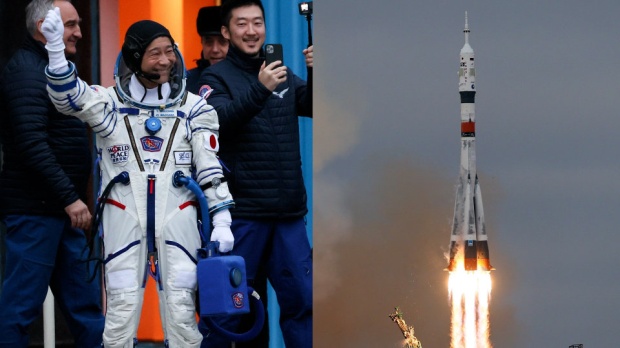Free Courses Sale ends Soon, Get It Now


Free Courses Sale ends Soon, Get It Now



Disclaimer: Copyright infringement not intended.
Context
Space Tourism
The Pros and Cons of Space Tourism
Cons
Developing space programs and spacecrafts need a lot of money. That money can be utilized for alleviation of poverty.
Pros
Final Words
International Space Station Programme
© 2024 iasgyan. All right reserved